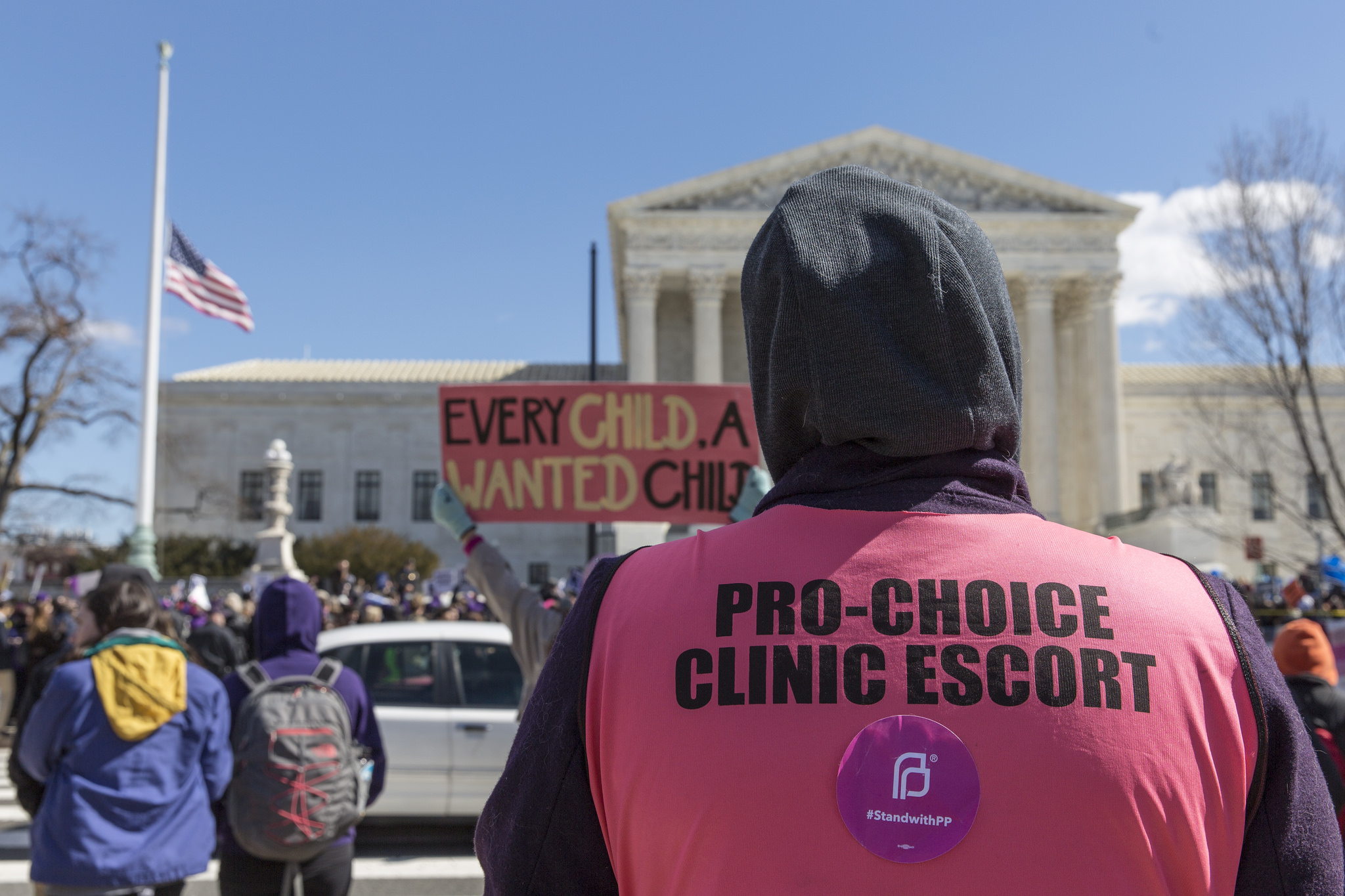Abortion rights, women of color, and LGBTQI+ people are under attack. Pledge to join us in fighting for gender justice.
Some Good News: Five Reproductive Health Wins in 2020!


We started 2020 with high hopes; however, the universe had other plans. The first four months of 2020 have seen a global pandemic, the threat of a recession, multiple federal and state abortion restrictions, and many of us have been forced into social isolation (aka we have been sitting in our pajamas for more days than we care to mention). While the existential dread is real these days, we have some good news that will hopefully bring joy in these trying times: multiple state bills protecting and supporting access to reproductive health care have been passed into law.
Here are five legislative wins (so far) in 2020:
- The Reproductive Health Protection Act became law in Virginia on April 10 and goes into effect July 1. The law removes dangerous and medically unnecessary restrictions on access to abortion. Until now, people seeking abortions were forced to undergo unnecessary ultrasounds, be subjected to biased counseling, and wait at least 24 hours after their first visit. And it eliminated requirements on abortion clinics designed just for the purpose of shutting them down, like requirements about the number of water fountains and parking spaces. This victory has been a long time coming for Virginia advocates, who have worked for years to roll back these politically motivated barriers to abortion. And it’s especially important now during the COVID-19 pandemic when access to abortion is already difficult and other states have been trying to make access harder.
- The New Jersey state legislature passed a bill improving access to contraceptives on January 16 and was signed into law by Governor Murphy shortly after. This law went into effect on April 15 and codifies the Affordable Care Act (ACA) birth control benefit—clarifying insurance companies must cover all FDA-approved forms of birth control without out-of-pocket costs. It also requires insurance companies to cover over-the-counter birth control drugs without a prescription. A daily, over-the-counter pill isn’t on the market, but when it is, it’ll be covered cost-free without an unnecessary prescription for people in New Jersey who have insurance. This law allows people in New Jersey to have greater access to contraceptive methods they choose to use, and health insurance companies must cover those methods.
- West Virginia Governor Justice signed a bill on March 25 ensuring people receive insurance coverage for up to a 12-month supply of birth control pills. This is an incredible win for West Virginia reproductive health advocates. Laws like this make it easier for people to access birth control and are especially important for people who can’t refill their prescriptions frequently due to transportation costs, work schedules, family responsibilities, or a global pandemic.
- A bill that codifies some ACA protections is on its way to becoming law in Maryland. While Maryland has already codified the ACA’s birth control benefit, this law further reinforces that insurance companies must cover all forms of FDA-approved birth control without out-of-pocket costs from patients. As the Supreme Court considers whether to allow the Trump Administration to create huge loopholes in the federal birth control benefit, it is critical that states work to reinforce people’s access to cost-free birth control—and that’s what this bill does.
- In Washington, D.C., the Strengthening Reproductive Health Protections Act Amendment (SRHPAA) was unanimously passed by the D.C. Council and signed into law by Mayor Bowser on March 23. The SRHPAA prohibits the D.C. government from interfering with reproductive health decisions and from criminalizing or penalizing individuals for self-managed abortion, miscarriage, or adverse pregnancy outcomes. The law also protects health care professionals who would provide—or are willing to provide—abortion or sterilization from employment discrimination. SRHPAA is projected to take effect on May 16, 2020 and would establish crucial protections for patients and providers.
These laws are a silver lining for an uncertain future and make it easier for people to get the reproductive health care that they need. We remain hopeful that, in time, these measures will become five minor contributions to an abundance of legislative acts protecting access to reproductive health services across the country!





